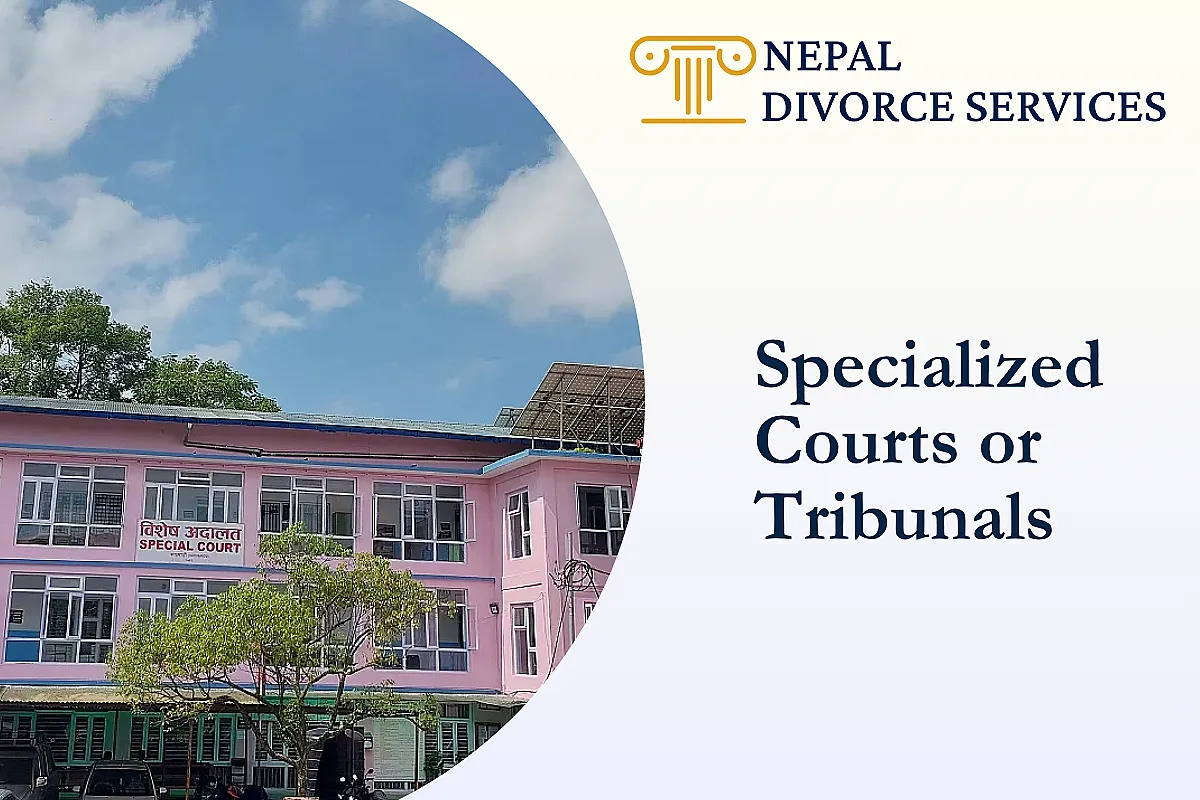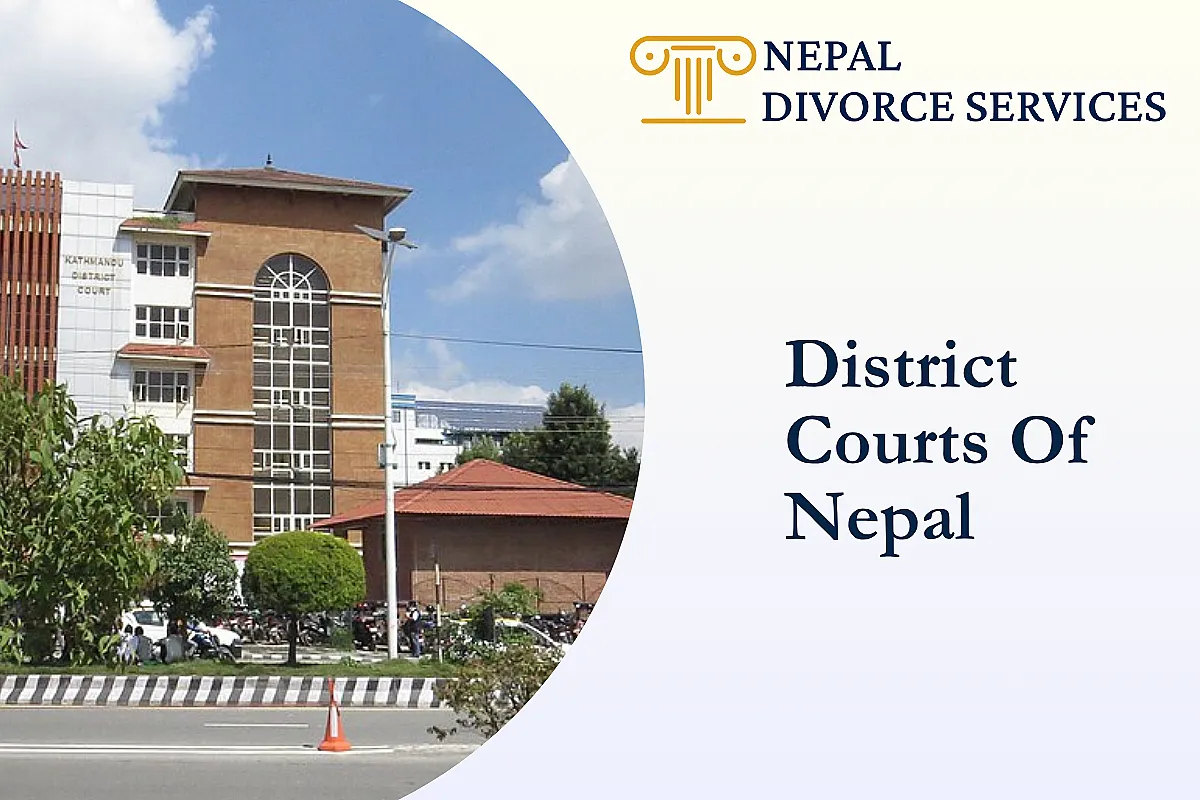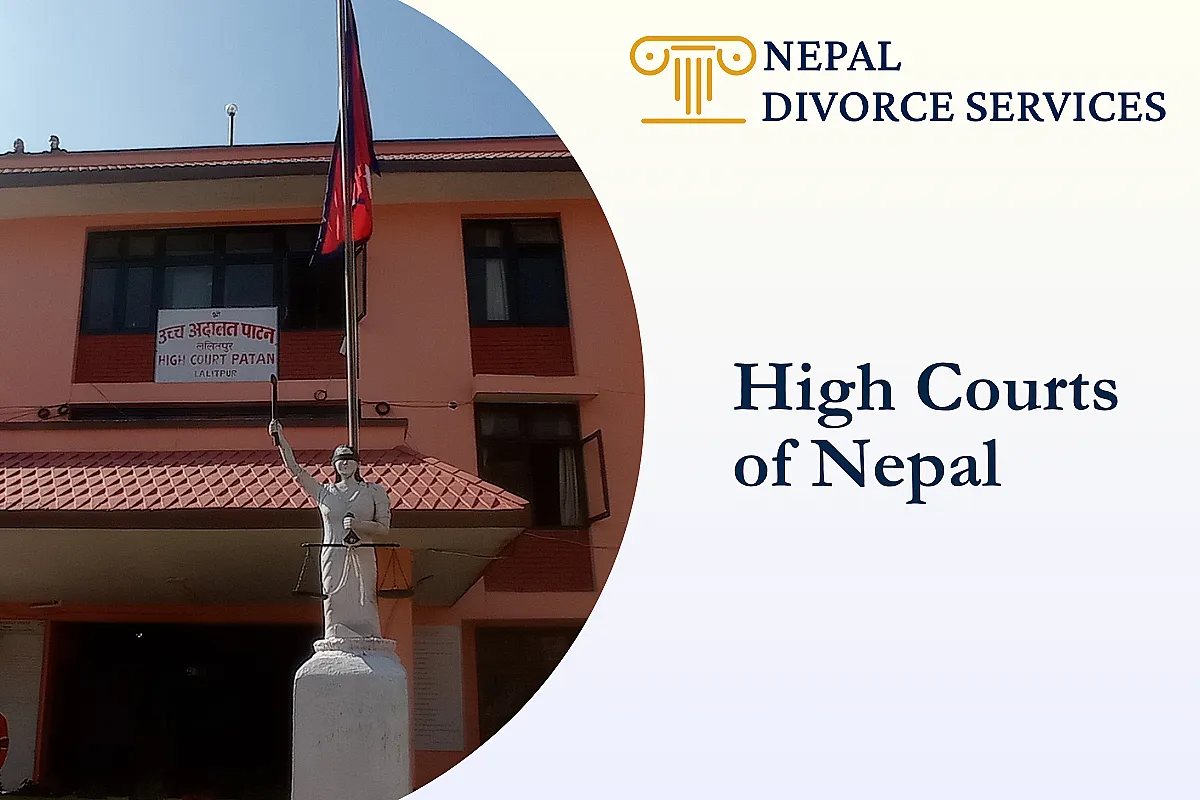Our Blog
- Home
- Blogs
What to Expect from Criminal Lawyers
Criminal lawyers are legal professionals who specialize in defending individuals or entities who are accused of committing crimes. Criminal lawyers can represent their clients in various stages of the criminal justice process, such as investigation, arrest, bail, trial, appeal, and sentencing. Criminal lawyers can also advise their clients on their rights, obligations, and options in dealing with the criminal charges.
Resolving Divorce Amicably: Leverage Mediation in Nepal
Going through a divorce in Nepal? This article explores the benefits of mediation, a peaceful and empowering way to resolve divorce disputes. Learn how Nepal Divorce Services, a leading family law firm, can help you navigate the mediation process and achieve a fair and amicable resolution.
Specialized Courts or Tribunals
Specialized courts or tribunals are courts or judicial bodies that are established for the purpose of hearing and deciding special types of cases that require specific expertise, experience, or procedure. Specialized courts or tribunals may be constituted by the Constitution of Nepal, by law, or by a notice published in the Nepal Gazette by the Government of Nepal. Specialized courts or tribunals may have different composition, jurisdiction, procedure, and functions than the regular courts. In this article, we will explore some of the specialized courts or tribunals that exist in Nepal.
District Courts Of Nepal
The District Court of Nepal is the lowest level of court in Nepal and the first instance court for most of the cases in the country. The District Court has original jurisdiction over civil and criminal matters, as well as some other matters as prescribed by law. The District Court also hears appeals from the judicial committees of the local levels, which are the lowest level of judicial bodies in Nepal. The District Court plays an important role in providing access to justice, resolving disputes, and maintaining law and order in Nepal. In this article, we will explore the history, composition, jurisdiction, procedure, and functions of the District Court of Nepal.
High Courts of Nepal
The High Court of Nepal is the second highest court in Nepal and the first appellate court for most of the cases in the country. The High Court also has original jurisdiction over some types of cases. The High Court plays an important role in ensuring justice, protecting fundamental rights, and interpreting laws in Nepal. In this article, we will explore the history, composition, jurisdiction, procedure, and functions of the High Court of Nepal.





